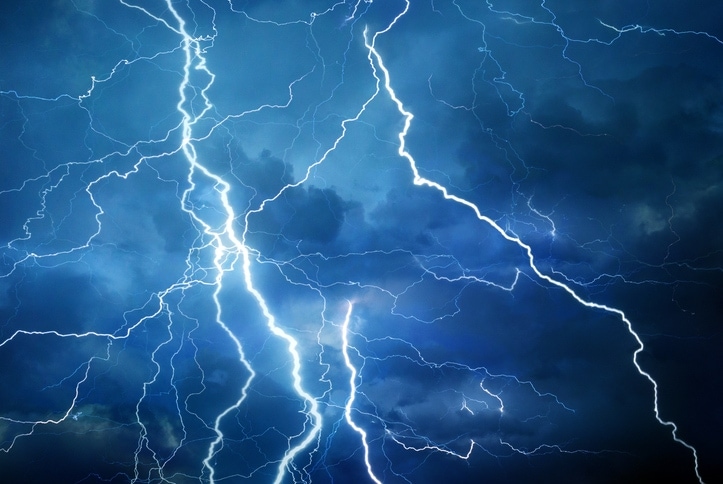How to Protect Your AC From Storms

“An ounce of prevention is worth a pound of cure.” There’s a reason why that old adage has been passed down through the years. It’s always better to be prepared for misfortunes than to have to deal with the consequences. During storm season in Amesville, that proves true for protecting your air conditioning system as well.
Our professionals at Airclaws want you to have a reliable air conditioning system before, during, and after a storm. Here are some tips on helping you protect your air conditioner investment.
Add Appropriate Insurance Riders
Although basic homeowners insurance will cover some storm damage, if you happen to live in an area that’s particularly prone to flooding, hurricanes, or tornadoes, you may want to add a rider to cover these particular situations. Having the additional coverage in Ohio can bring you peace of mind that expensive equipment is covered and can be more easily replaced if needed. According to the Insurance Information Institute, about one in 50 insured homes has a property damage claim related to wind, hail, or water damage each year.
Learn How to Turn Off Electricity
Be sure you and all older family members know how to access your electric circuit breaker and understand how to turn the electricity off in your home in the case of violent storms. You can do something as simple as labeling your circuit breakers so it’s easy to tell which breakers are connected to which major appliances in your home, including your heating, ventilating, and air conditioning (HVAC) system.
By turning off the breaker associated with your HVAC or air conditioning unit, you can protect your system from electrical surges or damage if debris gets trapped in a running unit.
Consider Investing in Surge Protection
Multiple types of surge protectors are available on the market today. You can either invest in a whole-house surge protector that can protect everything that’s connected to your electrical system in the case of electrical surges which can result from lightning, or you can connect individual surge protectors to only major appliances or electronic equipment.
Power surges may not only occur during storms but can happen for other reasons as well. Even minor ones can damage your equipment over time.
Think About Purchasing a Generator
Many different types of generators are also available, including some that automatically turn on when the power shuts off. Having a generator backup is an excellent way to keep your air conditioning system up and running even in the worst of storms. It will also power critical appliances like your refrigerator and your electronic devices.
Secure and Cover Condenser
Most of the time covering your air conditioning condenser outside is a bad idea. The condenser requires free air circulation to operate efficiently. However, in a storm, you may want to place a tarp temporarily over your condenser to protect it from flying debris. (Be sure to turn your system off before doing this though.) If small items such as branches and leaves get trapped inside the condenser, you can easily hurt your motor or experience other equipment malfunctions.
In addition, if high winds are an issue, you may want to tie down your unit more securely to keep it from being pried up by the storm. If you live in a dwelling that’s on a higher floor, consider investing in hurricane straps to secure window air conditioners.
Prepare Your Yard
This may sound like a strange precaution, but being sure your trees are trimmed, dead branches are removed, and yard items are put away can help protect your air conditioning unit, as well as your home in general, in a violent storm. You want to remove anything that can be blown around and cause more damage, especially in a storm with high winds.
Rely on the Professionals
It’s always a good idea to have an HVAC professional come out regularly to inspect your air conditioning system to be sure it’s in good working order. However, if you do suffer damage from a storm, you may want to have your unit inspected before you turn it back on.
Storm damage may not necessarily be apparent, but in some cases it can cause more damage after the storm has passed. For example, flying debris can clog up the unit, disconnections inside your unit may cause toxic coolant leaks, and flooding can damage interior components. A simple inspection can ensure your air conditioner is safe to turn back on and will continue delivering reliable, efficient cooling in the future.
Let’s Talk Air Conditioners
Our Airclaws team in Amesville, OH, wants you to protect the investment you have made in your air conditioning system. For a new system, preventive maintenance, repairs, or advice regarding storms and your air conditioning system in general, call us at 740-448-7278 or request service online.
Contact the experts!
Need HVAC Service?
Contact the experts at Airclaws.
Call us at 740-448-7278!
